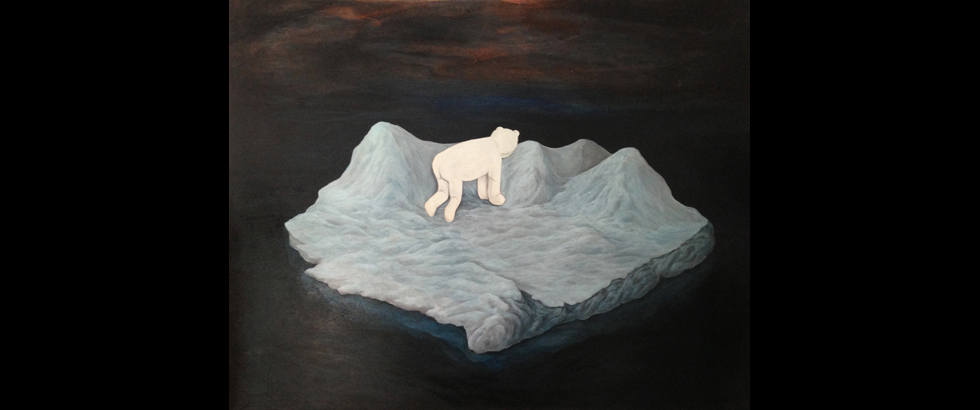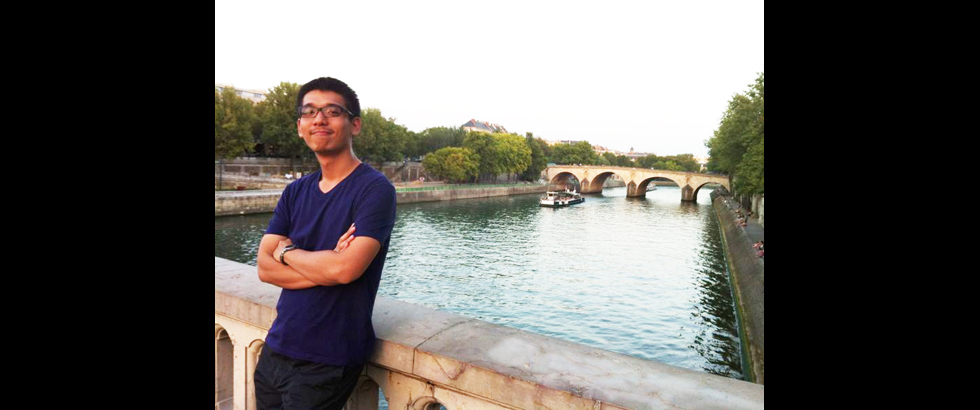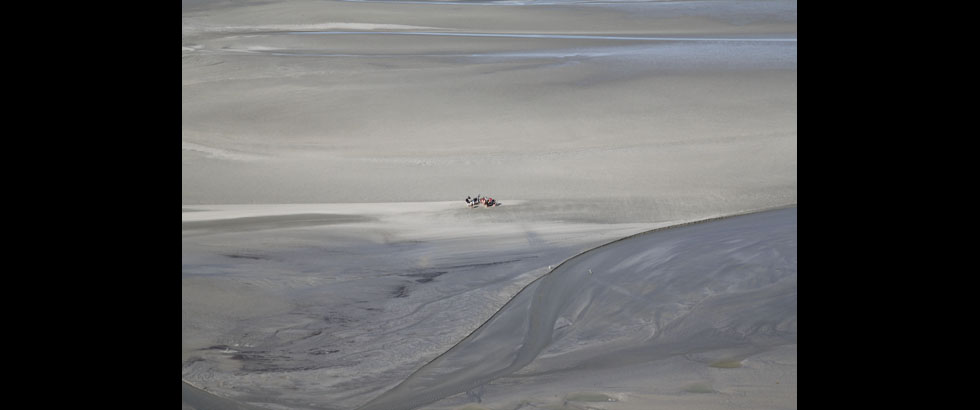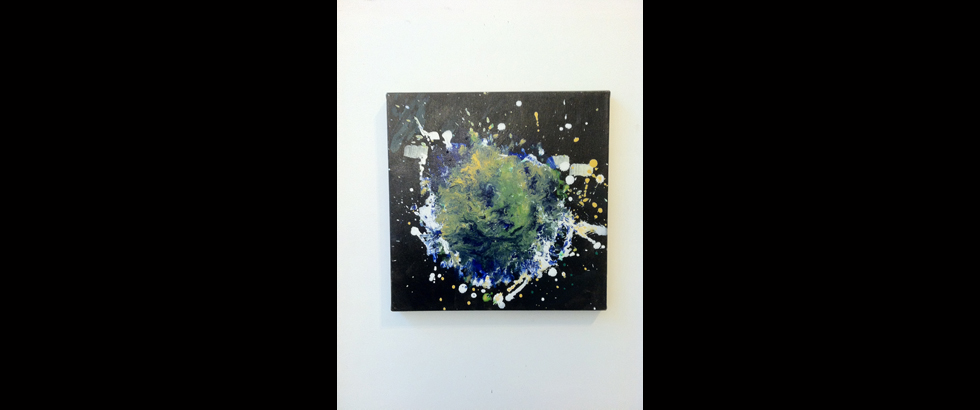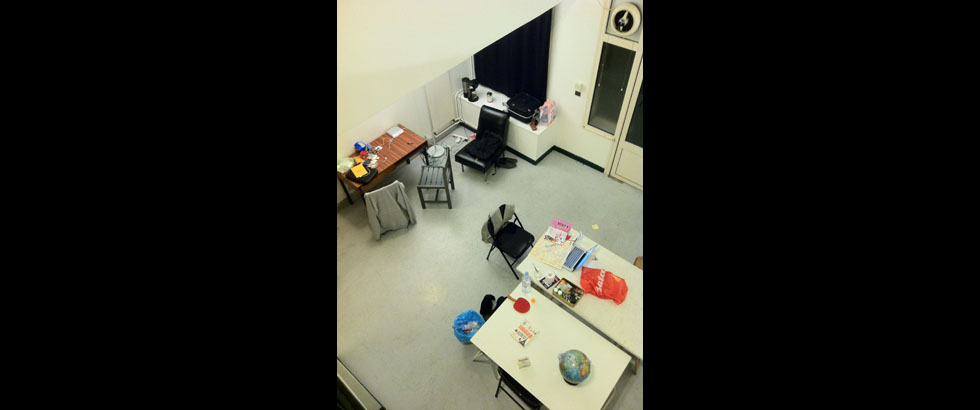Artists
Photo Credit: NIU Chun-Chiang
HUANG Yen-Ying
HUANG Yen-Ying
| Location | France / Paris |
|---|---|
| Residency | Cité Internationale des Arts |
| Year of the Grant | 2012 |
| Work | stop right beside god |
Artist Statement:
Working in an international artist village and interacting with artists from other countries are cherished experiences. One is able to become more familiar with the country in which an artist is from in a truer way when he or she has a sincere relationship with the artist.
It is easier to spark new artistic ideas with an open mind. The life and atmosphere in Paris harbor more patience from an artist when compared with ISCP in New York. It is strange for most Parisians to do many things in one day. I got along better with Asian artists as a result of this.
I spent a lot of time “seeing” during my residency in Paris. I visited many museums: the Louvre, Centre Georges-Pompidou, Musee-Orangerie, and Musée d'Orsay. After each museum visit, I would go back to my studio at night and connect with Taiwan via the internet. I would take a look at the news and at information on Facebook. This made me think a lot about issues concerning Taiwanese culture.
The positioning of Taiwan among the global community has been unclear due to political and historical controversies. The Taiwanese identity is often subject of debate even within the island itself. Recently, there has been an awareness in Taiwan to recognize the power of culture. Slogans were created from popular colloquial languages across fields to raise such awareness. To me, the Taiwanese government’s attempt to copy this method of dissemination is nothing worth mentioning. The criticism revolving around the government-generated slogans haven’t been the complete product of partisan rivalry. Slogans come from popular colloquial languages, but popular colloquial languages do not necessarily come from slogans. Popular colloquial languages are popular because the slogans produced from them are infiltrative. The infiltration brings about power. However, it is wishful thinking to assume that spotlight and fame are confirmed to follow the dance.
In recent years, for example, the South Korean entertainment industry has taken over the world in stride. This global phenomenon has encouraged Taiwanese to reflect on our own experiences. It has made us want to follow in the South Koreans’ footsteps. We began to examine the South Korean entertainment industry’s effective system and criticize our own. This attitude is like looking for a horse while riding on a donkey (maintaining a job while looking for a “better” one). From a position of an artist, it is too late to awe on other artists’ amazing ideas when you see their pieces framed under the spotlight of a museum or gallery. If Taiwan ever comes up with an international superstar, it would never be like Takashi Murakami of Japan, or Psy from South Korea. Our sluggish effort on boosting the so-called “soft strength” of cultural enterprise is not unlike that of a sales person selling fake Louis Vuitton wallets on Silk Street in Beijing. We have the capacity to produce something close to the authentic thing, but not the ability to exceed it. Countries with grander visions and minimal desires tend to be arrogant, whereas countries with minimal vision and unlimited desire tend to become another’s factories.
It was a great opportunity to live and work in the West via my residency program. Aside from the experiences I gained, I was also able to greatly improve my language skills. These are all important layers for someone who wants to become a professional artist.
